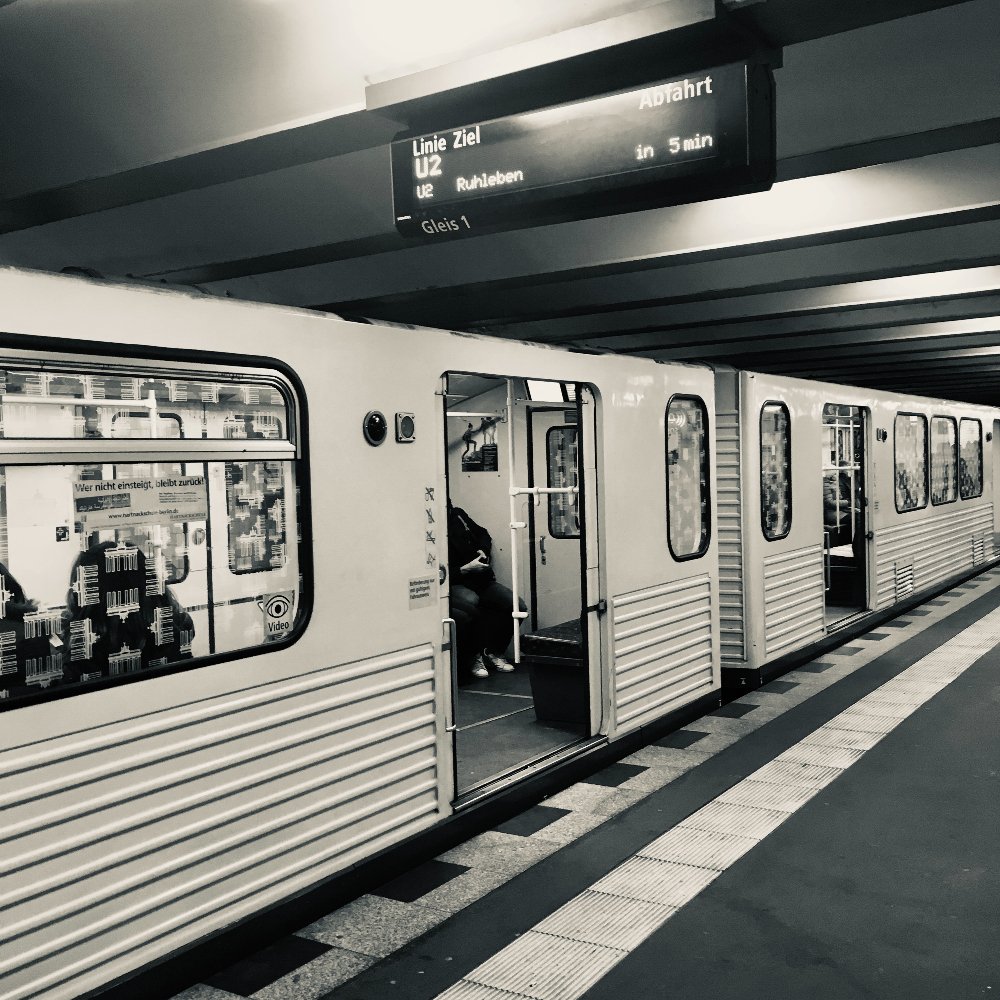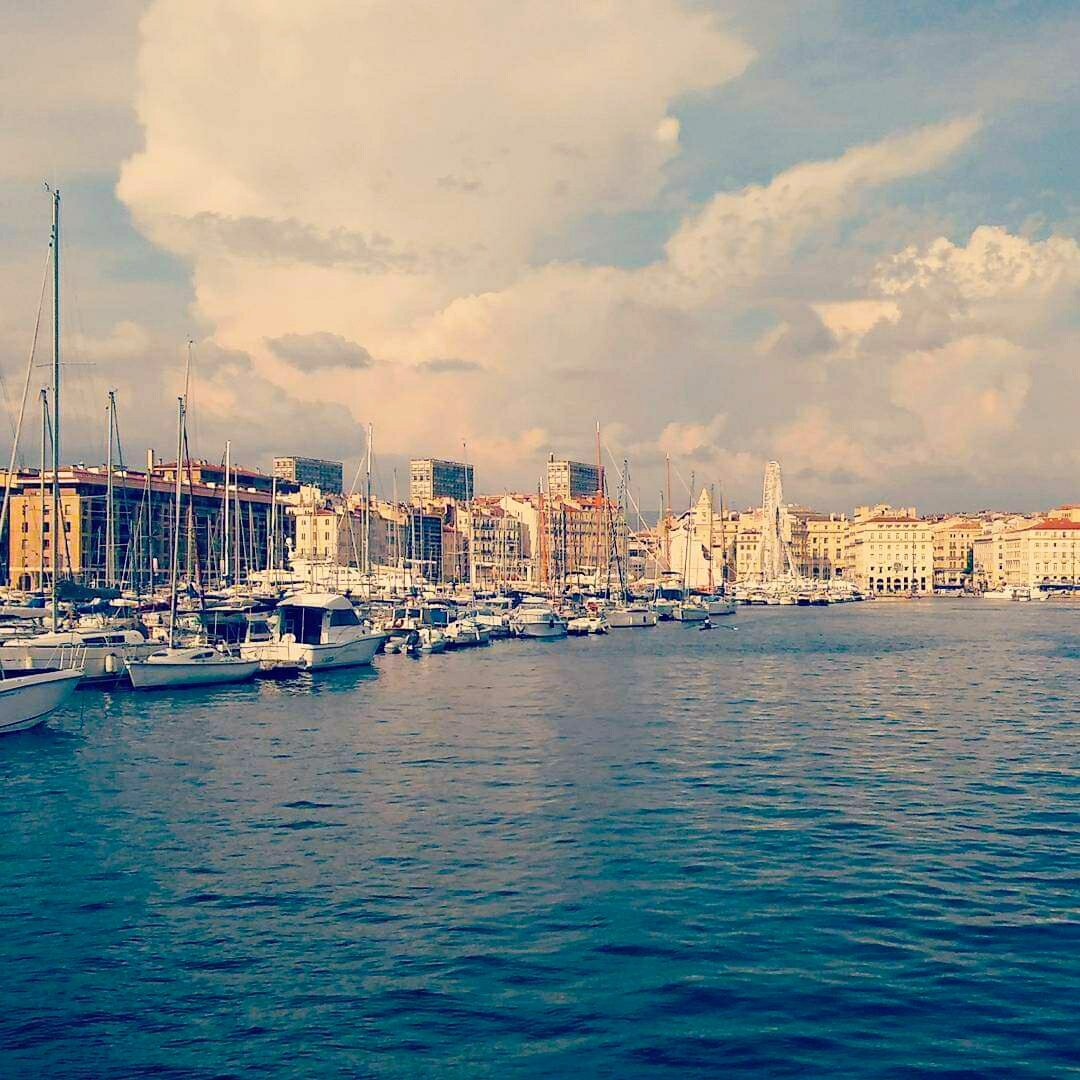What We See 03: Three Journeys
/WHAT WE SEE is a new series of feuilletons to be published on Elsewhere, born out of a new project inspired by the work of the Austrian-Jewish writer Joseph Roth. On 11 March 2023, the first WHAT WE SEE event was held in Berlin, and the first four essays to be published were read by their writers at Lettretage, along with a discussion around Joseph Roth and his life and work.
Project Editors: Sanders Isaac Bernstein, Julia Bosson, Paul Scraton & Alexander Wells
By Kate McNaughton:
They are at once the arteries, the nerves, the bowels of a city: rumbling intestinally under streets and buildings, singing with electricity from their overhead lines, ferrying weary commuters and be-suitcased tourists, like so many nutrients, from one organ to another. Métro, tube, U-Bahn, subway, RER, underground, overground, S-Bahn: they have different names, different characters layered over their commonalities of wheels, tracks, sliding doors and beeps announcing departure. The hypertension of the Metropolitan and City line at rush hour, suits crushing in at Waterloo from their leafy suburbs, politely ignoring their unnatural proximity on their long one-stop journey to Bank; a more variegated crowding on the ligne quatre as it rattles through Barbès, the wretched of the Earth from the northern banlieue joining up with clean-cut cross-Channel commuters at Gare du Nord on their way to the centre of Paris.
And Berlin? Berlin is a city with low blood pressure, carriages half-empty most of the time, except on the U8 at 2 am, when its pulse is raised by the party moving between Wedding and Neukölln. Berlin is, perhaps, this:
Senefelder Platz to Leinestraße
I walk down the steps to the U2 at Senefelder Platz; just descended from the train that is now pulling out, a man is walking towards me. He is in his 60s, longish grey hair, sports a maroon velvet suit – and on his shoulder sits a magnificent parrot, its feathers an almost fluorescent pink. They are both proud, flamboyant – Prenzlauerberg is theirs, however many Bioläden and Montessori Kitas may have sprouted here over the past twenty years. I imagine them in the 1990s, the dash of their colour against crumbling grey walls, breaking open doors to empty flats, living free and extravagant in the newly-reunified city, as my train trundles off towards Rosa-Luxemburg-Platz – the U2 being a slow, digestive sort of a line.
Then the finicky change at Alexanderplatz, leaving the wine-red shades of the U2 platform for the pale turquoise of the rest of the station, up and down countless short flights of stairs, along endless corridors cloyed with the scent of industrially-produced sandwiches – until I am on the grubby, nervy U8.
By the time I get off at Leinstraße, I am almost alone on the train, alone on the platform. There is one other person here, though, I realise as I walk towards the Okerstraße exit: a young man is defecating between two of the pillars that line the centre of the platform. I only catch a glimpse: an image in perfect profile of him crouching, his heroin thinness, the paleness of his exposed thighs and buttocks, the dark shape of the turd coming out of him at that very moment, silhouetted against the white tiles of the station. Then my eyes, having registered what they are seeing, avert.
Ringbahn
The Ringbahn, somewhere near Ostkreuz. It is over two years into the pandemic, and we are all well-versed in the requisite measures: FFP2 masks, ventilate wherever possible. Late August, and the weather is deranged: a fat-dropped rainstorm that belongs in the tropics, not here on the continental plain. A young man sits, unmasked, at the end of a long line of seats; the narrow window above him is tilted open, letting in a heavy spray of water which arcs above his head leaving him mostly untouched, but drenching the man – equally maskless – standing in front of him. The standing man reaches over the sitting one’s head, closes the window; the sitting man stands up, opens it again with aggressive finality. The standing man, who is dark-skinned – perhaps Indian, perhaps Pakistani – complains in English about how wet he is getting, closes the window again.
‘I don’t want your fucking Corona breath on me, man.’ The young man, who is white, reopens the window.
But the young man isn’t even wearing a mask?
‘I don’t want to wear a fucking mask. I don’t want your Covid.’
A handful of other passengers get involved: quite a few of them are also getting soaked. ‘Better to get wet than to get Covid,’ points out a woman in a perfectly-fitted FFP2 mask. The young man glowers. The air is sticky, quite possibly with Covid, also with humidity and resentment – it has been a difficult couple of years.
S75
How wonderfully it slices through the heart of the city: Ostbahnhof, Alex, Museumsinsel, over there, the Reichstag, down there, the Spree, and now the glass cathedral of Hauptbahnhof. It is Christmas Eve, and my travelling companions and I are off to have lunch in the Tiergarten, full of cheer and goodwill on this crisp, sunny day.
A trio of young men bursts into our carriage, one carrying a speaker, another a trumpet, all three wearing Father Christmas hats. They greet us all heartily, and launch into an upbeat jazz piece; the trumpetist is amazing, his body twisting, fingers flying over a perfect solo. We are charmed, filled with joy that this pleasant day has been given appropriate musical accompaniment; we donate generously.
When we get off at Tiergarten, the musician lads do too, emerging from further up the train. As we walk along the platform, towards them, one of my group says to me: ‘I’m pretty sure that was just playback.’ No longer performing, the young men’s bodies have slumped, lost their wiry exuberance; they slink past us like foxes. I think of the improbable perfection of the trumpet solo. ‘Yeah, it was definitely playback,’ my companion decides.
I notice, now, how waxy their skin is, how sunken their eyes – how grim and devoid of Yuletide spirit their expressions. I am dismayed not so much by our gullibility and the cheapness of their trick as by our naive assumption that they were sharing in our festive joy. I consider whether to let the moment be ruined, but decide, somewhat guiltily, not to.
The young men, a handful of our coins still jangling in their pockets, get onto another train, as we continue our journey on foot.
***
Kate McNaughton was born and raised in Paris by British parents, which left her culturally confused but usefully multilingual. She now lives in Berlin. Her debut novel HOW I LOSE YOU was published by Doubleday (UK) and Les Escales (France) in 2018. Her next novel will be coming out with Doubleday next year if she manages to get the manuscript to her editor on time.







